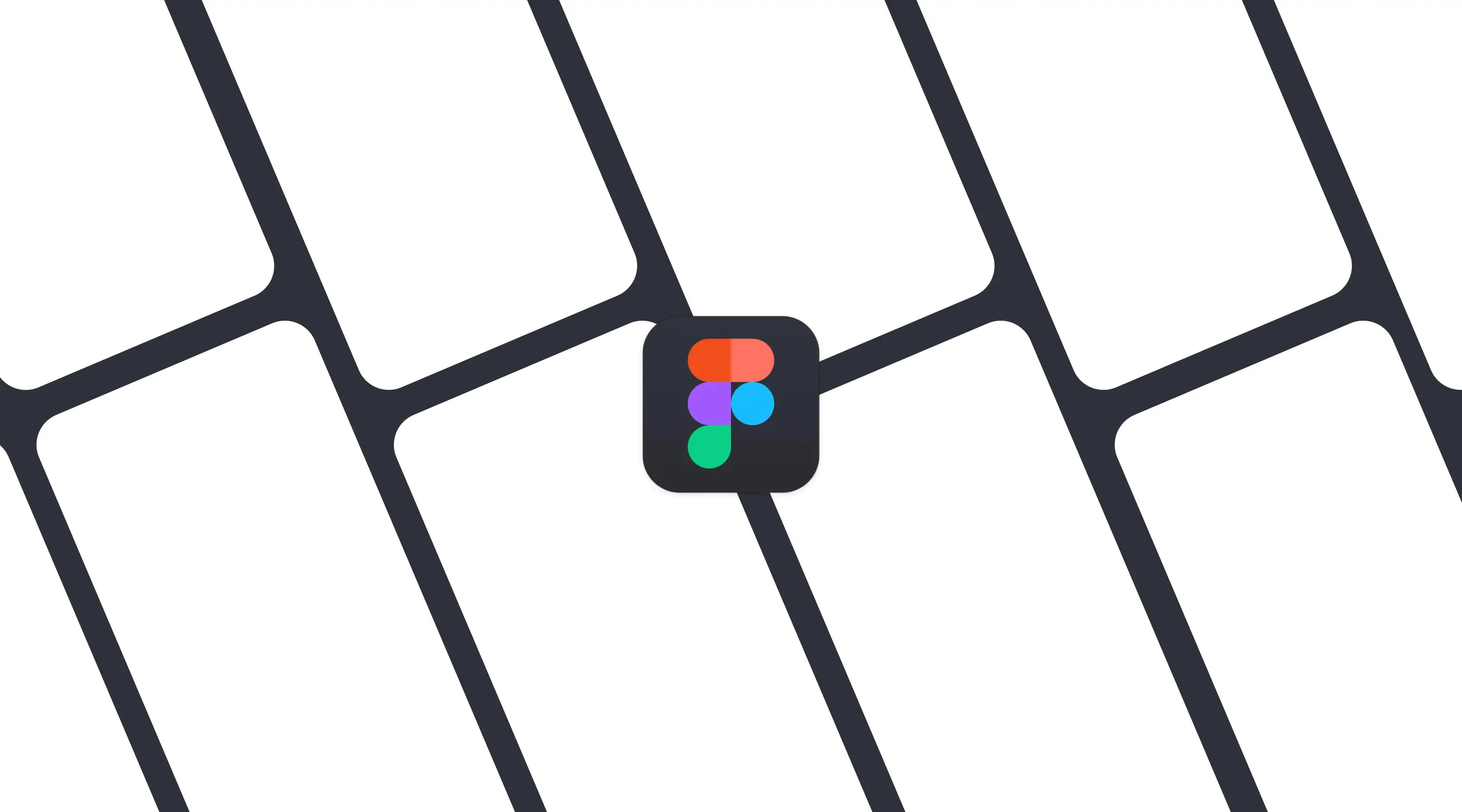
Top 11 Figma Plugins Every Designer Needs in 2025
Every designer needs to know these useful figma plugins to enhance their design process


Table of contents
Whether you're a UX designer in Singapore or a Webflow developer working with startups, your design workflow deserves powerful enhancements. Figma has become the go-to collaborative interface design tool for professionals, and its plugin ecosystem is bursting with useful tools that save time, improve consistency, and elevate your output.
In this article, we explore 11 of the most useful Figma plugins that every designer should install in 2025. We'll group them by purpose and highlight how they can be applied in practical scenarios. This guide is perfect for UX designers, UI specialists, Webflow developers, and creative teams looking to optimise their workflows.
Workflow & Wireframing Plugins
1. Autoflow
Autoflow makes it easy to draw quick connectors between shapes or UI elements. Ideal for wireframes, user flows, and diagrams.
Why it's great:
- Automatically connects selected objects with arrows
- Save time when mapping flows
- Supports complex design journeys
Best for: UX designers building wireframes or user journey maps.
2. Wireframe
Quickly insert low-fidelity components (buttons, cards, headers) to speed up ideation sessions.
Why it's great:
- Great for brainstorming layouts
- Minimal design components
- Reduces time spent drawing from scratch
Best for: Early-stage ideation and stakeholder workshops.
Design Systems & Visual Consistency
3. Tokens Studio

A must-have for design system lovers. Manage design tokens like colour, typography, spacing, and even shadows.
Why it's great:
- Scales design systems efficiently
- Bridges design-dev handoff with style variables
Best for: Teams working with scalable design systems
4. Typescales

Creates consistent typographic scales for your entire design system.
Why it's great:
- Enforces harmoney across font sizes
- Supports modular scale definitions
Best for: Editorial-heavy or branding-focused websites.
Content Creation Plugins
5. Content Reel
Quickly populate designs with dummy content like names, images, job titles, and email addresses.
Why it's great:
- Realistic placeholder content
- Supports localisation and testing edge cases
Best for: Prototypes and mockups requiring sample date
6. Unsplash
Access beautiful royalty-free stock images without leaving Figma
Why it's great:
- High-quality visual inspiration
- Instant image insertion
Best for: Hero banners, mockups and portfolio projects
Accessibility & Design Validation
7. Stark
Ensure your designs are accessible and inclusive. Check contrast, focus order, vision impairment simulations.
Why it's great:
- Real-time WCAG compliance validation
- Encourages ethical and inclusive design
Best for: Government, educational, and high-traffic websites
8. Able
Another accessibility plugin focusin on contrast checks and compliance.
Why it's great:
- Simple pass/fail validation
- Clean interface
Best for: Design QA and post-production reviews.
Motion, Animation & Visual Flourish
9. Figmotion
Add animation directly inside Figma. Design interactions, microanimations, and transitions.
Why it's great:
- Keyframe animation timeline
- Preview motion effects before dev handoff
Best for: Showcasing transitions, onboarding animations, and interactive prototypes.
10. Lottiefiles
Insert lightweight Lottie animations directly into your Figma frames.
Why it's great:
- Perfect for exporting Webflow-ready JSON animations
- Live preview support
Best for: High-conversion landing pages and SAAS onboarding.
Productivity & Automation Plugins
11. FigGPT (AI Assistant)
AI-powered plugin to write text, suggest improvements, or generate design ideas.
Why it's great:
- Speeds up content creation
- Useful for generating ideas on-the-fly
Best for: Solo designers and content-heavy designs.
Benefits of using Figma Plugins
Using Figma plugins can significantly improve productivity by automating repetitive tasks, such as generating colour palettes, removing image backgrounds, or setting up design tokens for seamless handoff to developers.
Plugins also help ensure design consistency by providing structured typographic scales and component libraries.
Additionally, they enhance collaboration by allowing designers to create interactive prototypes, manage assets efficiently, and integrate their workflow with development tools like GitHub.
By leveraging the right plugins, designers can focus more on creativity and problem-solving rather than manual adjustments.
Final Thoughts
Figma plugins are more than just add-ons — they are integral to improving your productivity, collaboration, and design quality. Whether you're designing for clients in Singapore or building Webflow prototypes for global brands, these tools help you create, iterate, and ship faster.
At ALF Design Group, we use many of these plugins to accelerate our workflow across UX audits, Webflow development, and high-fidelity prototyping.
If you enjoyed this article, check out our related reads:
{{build-better-experience="/directory"}}
Resources
Related Articles
Deep dive into our latest news and insights.





.webp)